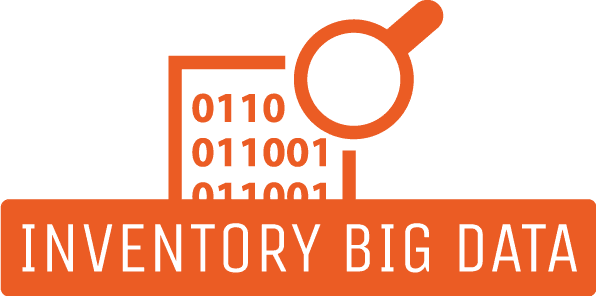Supply Chain Glossary – N Letter
Description
- Network Optimization: Network optimization aims to design and manage the most efficient supply chain and distribution network.
- Niche Market: A niche market is a specific segment of customers with unique needs and preferences.
- Non-Value-Added (NVA): NVA activities are tasks in a process that do not directly contribute to product quality or customer satisfaction.
- Nearshoring: Nearshoring involves sourcing materials or products from suppliers located in nearby countries for reduced lead times.
- New Product Introduction (NPI): NPI manages the process of launching a new product into the market, from concept to production.
- Noise Pollution: Noise pollution refers to unwanted or harmful sound in industrial environments that can affect worker well-being.
- Non-Conformance Report (NCR): An NCR documents and addresses non-compliance or deviations from quality standards.
- Non-Disclosure Agreement (NDA): An NDA is a legal contract that protects sensitive information and trade secrets in business relationships.
- Natural Resource Management: Natural resource management focuses on sustainable use and conservation of environmental resources.
- Nominal Group Technique (NGT): NGT is a structured brainstorming method used to generate and prioritize ideas or solutions.
- Network Design: Network design optimizes the configuration of supply chain networks, considering costs and service levels.
- Non-Recurring Engineering (NRE): NRE costs cover one-time expenses for product development and engineering.
- Noise Control: Noise control strategies reduce unwanted noise levels in industrial settings to improve worker comfort and safety.
- Non-Contact Inspection: Non-contact inspection uses technology like lasers and cameras to assess product quality without physical contact.
- Negotiation Skills: Negotiation skills are essential in supply chain management for securing favorable terms and agreements with suppliers.
- Non-Standard Work: Non-standard work refers to tasks or processes that deviate from established standard operating procedures.
- Network Security: Network security safeguards digital information and communication within supply chain and industrial systems.
- No-Fault Forward (NFF): NFF is a quality control approach that allows defects to move forward in production, with identification and repair later in the process.
- Natural Language Processing (NLP): NLP uses AI to analyze and interpret human language, valuable for data extraction and analysis.
- Niche Product: A niche product serves a specialized market with unique characteristics, often commanding premium pricing.
- Non-Compete Agreement: A non-compete agreement restricts employees or partners from competing with the company for a specified period.
- Network Redundancy: Network redundancy provides backup paths or systems to ensure uninterrupted communication and operations.
- Non-Destructive Testing (NDT): NDT techniques assess the integrity of materials and structures without causing damage.
- New Vendor Evaluation: New vendor evaluation assesses the capabilities and suitability of potential suppliers for partnership.
- Notification System: A notification system alerts stakeholders to critical events or issues in supply chain and operations.
- Non-Profit Organization: Non-profit organizations operate for charitable, educational, or social purposes rather than profit.
- Net Present Value (NPV): NPV calculates the current value of future cash flows, helping assess investment projects’ profitability.
- Nesting: Nesting optimizes the arrangement of shapes or parts within material sheets for efficient cutting or manufacturing.
- Non-Traditional Supplier: A non-traditional supplier may be a startup or unconventional source for materials or components.
- Network Topology: Network topology defines the layout and structure of communication and data transfer in supply chain systems.
- Non-Returnable Packaging: Non-returnable packaging is used once and discarded, common in shipping and retail industries.
Additional information
| Publication | |
|---|---|
| Department | Supply Chain |






